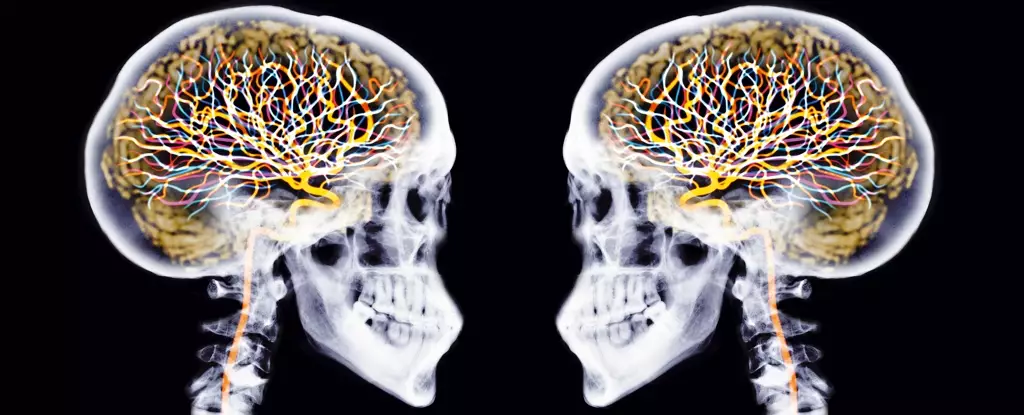In a groundbreaking analysis conducted by the Institute for Health Metrics and Evaluation (IHME), it was revealed that conditions affecting the nervous system have surpassed heart disease to become the leading cause of ill health worldwide. This research, led by Jaimie Steinmetz, sheds light on the alarming reality that more than 3.4 billion people, which is 43 percent of the global population, experienced a neurological condition in 2021. The surge in cases, amounting to a staggering 59 percent increase over the last three decades, is primarily attributed to the aging and rapid growth of the world’s population.
The Impact on Global Health
The study examined 37 different neurological conditions across 204 countries and territories, analyzing their effects on ill health, disability, and premature death from 1990 to 2021. Disability-adjusted life years (DALYs) were used to estimate the number of healthy years lost to each condition, revealing that more than 443 million years of healthy life were lost to nervous system disorders globally in 2021. Shockingly, children under five accounted for a significant portion of these lost years due to conditions such as neonatal encephalopathy, asphyxia, and meningitis.
Significant Findings and Classification Changes
Stroke emerged as the most detrimental neurological condition, responsible for 160 million years of healthy life lost, followed by neonatal encephalopathy, migraine, dementia, nerve damage from diabetes, meningitis, and epilepsy. A significant shift in the ranking of neurological conditions was attributed to the World Health Organization’s reclassification of stroke as a neurological rather than cardiovascular disease. This change played a pivotal role in elevating the status of nervous system disorders in the global health landscape.
While cardiovascular disease remains the leading cause of death globally, neurological conditions are rapidly gaining prominence. The prevalence of conditions like tension headaches, migraines, and diabetic neuropathy is on the rise, necessitating urgent measures to mitigate risk factors such as high blood pressure, diabetes, and alcohol consumption. Despite the lack of definitive cures for most neurological disorders, interventions focused on prevention, treatment, and rehabilitation are crucial to alleviating the burden on health systems, particularly in disadvantaged regions.
As Valery Feigin, a co-author of the study, aptly points out, the escalating burden of neurological conditions poses a formidable challenge to healthcare systems worldwide. The exponential growth in cases signals the urgent need for concerted efforts to address the underlying risk factors and provide comprehensive care for individuals affected by these conditions. By prioritizing research, awareness, and resource allocation, we can strive towards a future where the impact of neurological disorders is minimized, and overall global health is improved.


Leave a Reply